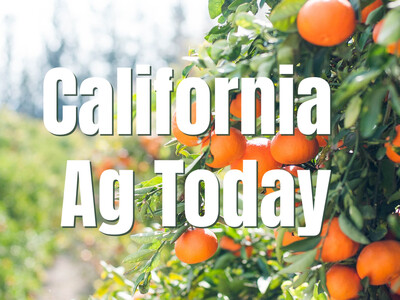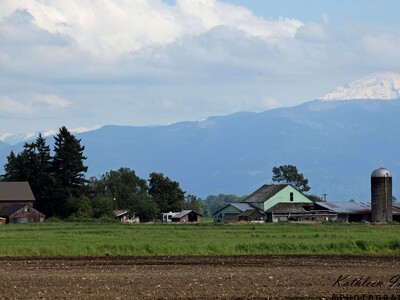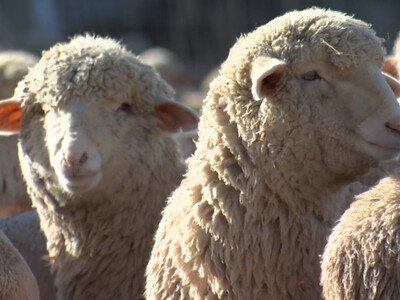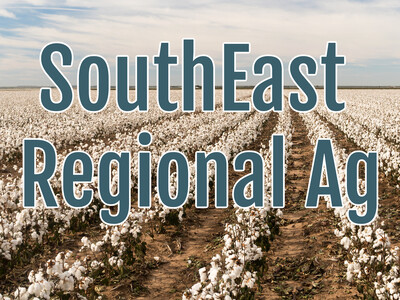Biotechnology
U of I undergraduate biotechnology and plant genomics major unlocking high-tech skills. To Tana Rayburn, creating that first genetically modified crop as an undergraduate student in University of Idaho’s biotechnology program was akin to working magic.Students such as Rayburn who pursue U of I’s biotechnology and plant genomics bachelor’s degree get the opportunity to learn skills more commonly taught at much larger schools or in graduate programs.
The U of I program covers general molecular techniques and gives students a broad background to help them pursue careers in an array of cutting-edge fields.
In Rayburn’s case, she was so well prepared by the undergraduate program, which she completed in December 2020, that she was allowed to move directly into a Washington State University Ph.D. program.
In her doctoral program, she’s researching metabolic pathways to better understand the regulation of flavin production in stress responses.
Rayburn admits she used to be an opponent of biotechnology, before she learned details of the science and the possibilities that it offers to help society tackle some of the greatest challenges lying ahead.
Prior to enrolling at U of I, she earned an associate degree in botany at a community college. She had her initial experience with making genetic transformations during her first semester on campus, in her plant tissue culture class.
Using agrobacterium, which can modify a plant’s genome in the wild to make the environment more hospitable for themselves, she created tissue cultures from leaf cuttings, inserting a gene of interest. That gene causes plantlets soaked in a special chemical cocktail to turn blue.
“That plant tissue culture course showed me you can do incredible things with plants that I never thought were possible,” Rayburn said.
Rayburn went on to work as an undergraduate researcher with Joseph Kuhl, associate professor in the U of I Department of Plant Sciences. In Kuhl’s lab, she made transgenic potato plants on a weekly basis.
“It was wild. I remember calling my mom and telling her, ‘I’m going to make GMOs,’ and it was this crazy exciting thing,” Rayburn said. “I think it’s a really unique degree program they offer. I feel really prepared to do a number of different projects.”
U of I biotechnology and plant genomics undergraduates learn the ropes of scientific techniques such as gene silencing, gene cloning and CRISPR. No longer are plants merely viewed as food sources. They’re now used for making biofuels and even pharmaceuticals.
“We are providing students with the curriculum and academics and training and experience in one of the leading areas in plant sciences, which is biotechnology,” Kuhl said.
Biotechnology and plant genomics used to be offered as one of four emphasis areas under a single major – sustainable cropping in landscape systems – before U of I’s old Department of Plant, Soil and Entomological Sciences was trifurcated to create a standalone Department of Plant Sciences in 2018.
Out of that department, the university also created separate departments for soil and water systems, entomology, plant pathology and nematology.













